Pokémon TCG: GameStop Implements One-Per-Customer Policy

Table of Contents
Understanding GameStop's New Pokémon TCG Policy
GameStop's new policy limits customers to purchasing only one Pokémon TCG product per day. This applies to all Pokémon TCG products, including booster packs, theme decks, tins, and elite trainer boxes. The reason behind this drastic measure is the rampant scalping that has plagued the market, making it difficult for casual players and collectors to obtain cards at reasonable prices. The prevalence of scalpers buying up large quantities of Pokémon cards and reselling them online at significantly inflated prices has created an unfair and frustrating environment.
This policy aims to level the playing field. However, the impact will vary. While casual players will likely benefit from increased access to popular products, dedicated collectors may find it more challenging to complete their sets.
- Specifics of the Policy:
- Applies to all Pokémon TCG products.
- One-per-customer limit per day. This is not a total limit over a week or month.
- The policy may have slight variations depending on the specific GameStop location. It's always best to check with your local store for precise details.
- Exceptions are highly unlikely, though extremely large group purchases for sanctioned events might be considered on a case-by-case basis.
The Scalping Problem in the Pokémon TCG Market
The Pokémon TCG market is currently experiencing a significant scalping problem. High demand, fueled by the game's enduring popularity and the collectible nature of rare cards, combined with limited supply, has created a perfect storm for scalpers. These individuals employ various methods to acquire large quantities of Pokémon cards, often exceeding the intended per-customer limits of retailers before the new policy.
Scalpers typically use tactics like:
- Bulk buying: Purchasing large quantities of booster packs and boxes from multiple stores or online retailers.
- Online reselling: Listing cards on auction sites or online marketplaces at significantly marked-up prices. This often involves using bots to automatically purchase cards as soon as they become available.
This widespread scalping has several negative consequences:
- Increased prices: The scarcity created by scalping leads to inflated prices, making it unaffordable for many players.
- Reduced availability: Cards become scarce on shelves, leaving many players unable to find the products they want.
- Frustration among dedicated players: The inability to obtain sought-after cards dampens the enjoyment of the game for many dedicated players and collectors.
- Damage to the community spirit: The unfairness of the system breeds resentment and negativity within the Pokémon TCG community.
How the One-Per-Customer Policy Impacts the Pokémon TCG Community
GameStop's policy has the potential to significantly benefit regular players. By limiting purchases, it aims to reduce scalping activities and increase the availability of cards for those who genuinely want to play the game or expand their collections at a reasonable price. This fosters a fairer purchasing environment where everyone has a better chance to acquire Pokémon TCG products.
However, the policy isn't without its drawbacks. Dedicated collectors may find it difficult to complete sets or acquire multiple copies of rare cards. This could lead to frustration, especially for those who rely on regularly purchasing from GameStop to build their collection.
Online forums and social media platforms show mixed reactions. Some players applaud GameStop for taking a stand against scalping, while others express concerns about the inconvenience and the potential for long lines and limited stock still being an issue. The overall sentiment suggests a complex reaction to a problem that doesn't have an easy solution.
- Pros:
- Fairer distribution of Pokémon TCG products.
- Reduced scalping activity.
- Cons:
- Inconvenience for some buyers.
- Potential for lines at GameStop stores due to limited stock.
Alternatives and Future Outlook for Pokémon TCG Availability
While the one-per-customer policy is a step in the right direction, it's not a silver bullet solution. Other measures need to be considered to address the root of the scalping problem. These include:
- Increased production: The Pokémon Company could increase the production of Pokémon TCG products to better meet the high demand.
- Stricter online sales policies: Online retailers could implement stricter measures to prevent bots and bulk purchases.
- Randomized product drops: Introducing unpredictable release schedules could make it harder for scalpers to consistently acquire large quantities of cards.
The long-term effectiveness of GameStop's policy is uncertain. While it might curb some scalping, it's likely that scalpers will adapt their tactics. The collaboration between retailers like GameStop and The Pokémon Company is crucial to developing a comprehensive strategy to fight scalping and ensure fair access to Pokémon TCG products for all players.
- Potential Future Solutions:
- Significantly increased production of cards to meet demand.
- Improved anti-scalping technologies and measures implemented by online retailers (e.g., purchase limits, IP address tracking, CAPTCHAs).
- Stronger partnerships between retailers and The Pokémon Company to coordinate distribution and anti-scalping efforts.
Conclusion:
GameStop's new one-per-customer policy for Pokémon TCG products is a significant attempt to combat scalping and create a fairer marketplace. Although it may not entirely solve the problem, it aims to improve the purchasing experience for dedicated players and collectors. The long-term impact remains to be seen, highlighting the ongoing need for collaborative efforts between retailers, The Pokémon Company, and the community to address the persistent challenges in the Pokémon TCG market. Stay informed about updates to the Pokémon TCG GameStop policy and continue to advocate for fairer access to the game you love.

Featured Posts
-
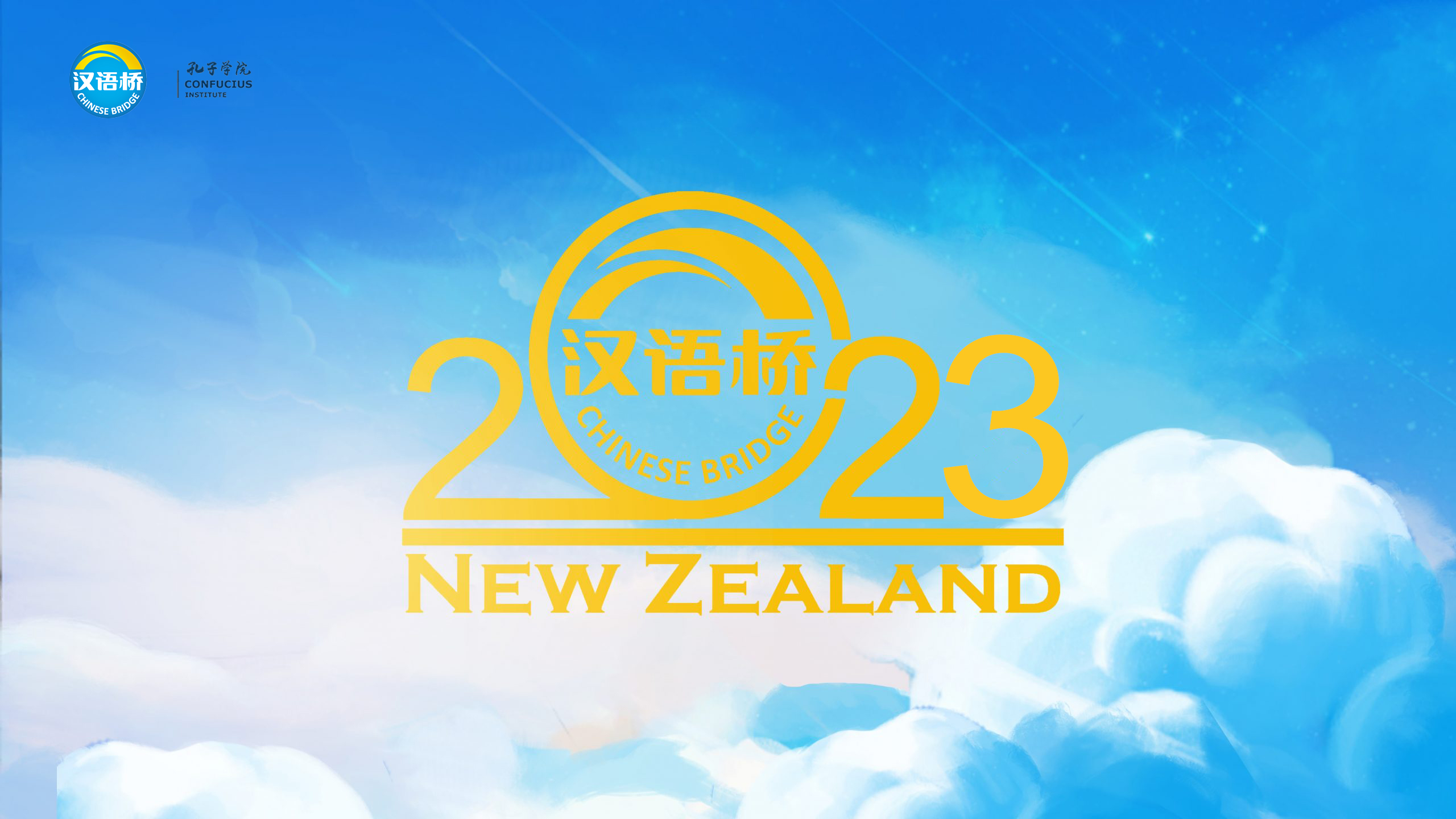 Chinese Bridge Competition Jordans Amman Plays Host To The Final
May 29, 2025
Chinese Bridge Competition Jordans Amman Plays Host To The Final
May 29, 2025 -
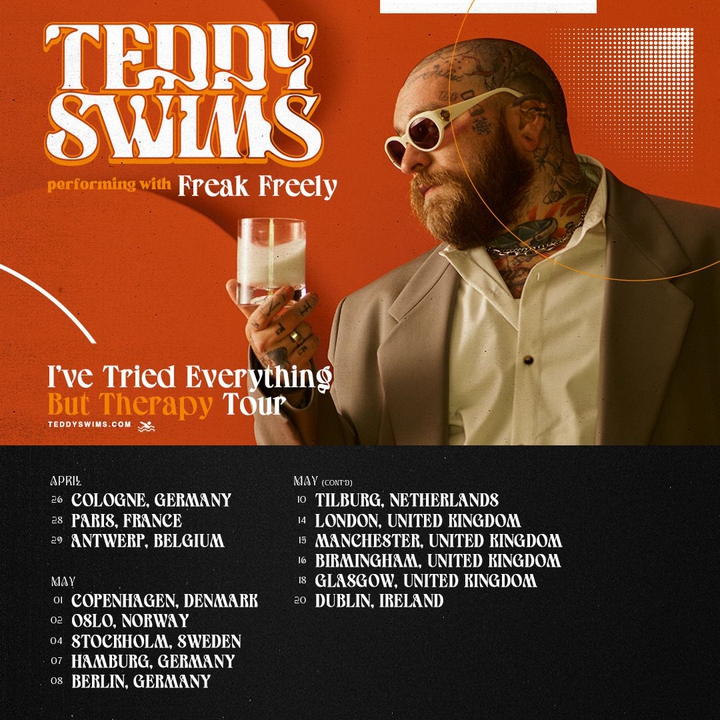 Teddy Swims Saturday In The Park 2025 Headliner
May 29, 2025
Teddy Swims Saturday In The Park 2025 Headliner
May 29, 2025 -
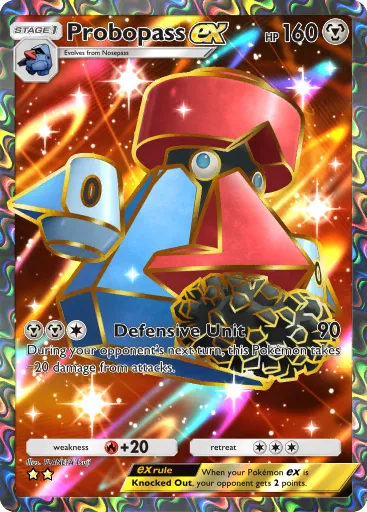 Probopass Ex Pokemon Tcg Pocket Deck Guide And Builds
May 29, 2025
Probopass Ex Pokemon Tcg Pocket Deck Guide And Builds
May 29, 2025 -
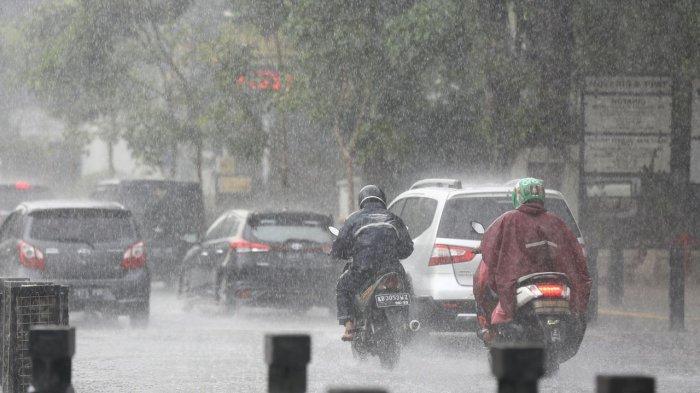 Prakiraan Cuaca Semarang Besok 26 Maret Hujan Siang Hari Di Jawa Tengah
May 29, 2025
Prakiraan Cuaca Semarang Besok 26 Maret Hujan Siang Hari Di Jawa Tengah
May 29, 2025 -
 Waspada Hujan Lebat Prakiraan Cuaca Bandung Dan Jawa Barat 26 Maret
May 29, 2025
Waspada Hujan Lebat Prakiraan Cuaca Bandung Dan Jawa Barat 26 Maret
May 29, 2025
Latest Posts
-
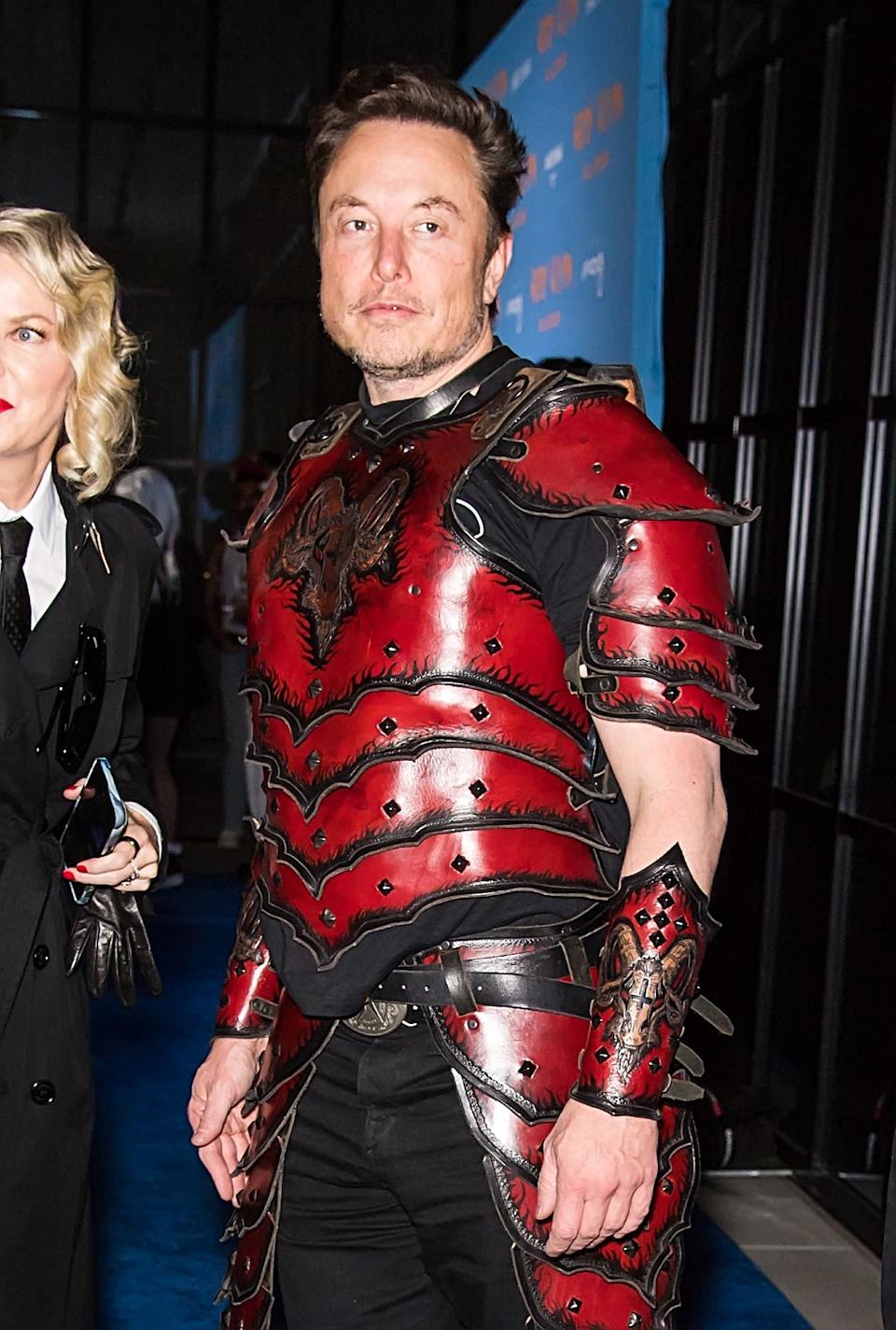 Did Elon Musks Daughter Vivian Get His Approval For Her Modeling Career
May 30, 2025
Did Elon Musks Daughter Vivian Get His Approval For Her Modeling Career
May 30, 2025 -
 Vivian Jenna Wilsons Modeling Career Launch A Look At Her Relationship With Elon Musk
May 30, 2025
Vivian Jenna Wilsons Modeling Career Launch A Look At Her Relationship With Elon Musk
May 30, 2025 -
 Child Poverty And Technological Advancements Analyzing The Elon Musk Bill Gates Debate
May 30, 2025
Child Poverty And Technological Advancements Analyzing The Elon Musk Bill Gates Debate
May 30, 2025 -
 The Musk Gates Dispute Examining The Allegations Of Harm To Millions Of Children
May 30, 2025
The Musk Gates Dispute Examining The Allegations Of Harm To Millions Of Children
May 30, 2025 -
 Elon Musks Actions And Their Impact On Child Poverty A Critical Analysis Of Bill Gates Claims
May 30, 2025
Elon Musks Actions And Their Impact On Child Poverty A Critical Analysis Of Bill Gates Claims
May 30, 2025
